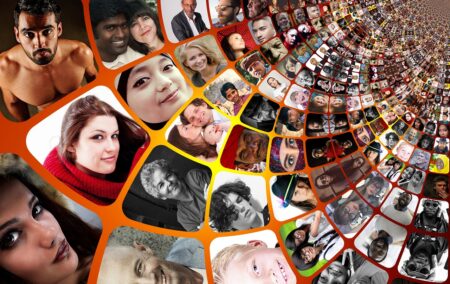Once constituted, the Government of National Unity (GNU) should commit itself clearly to the founding constitutional principle of non-racialism and bring an end to classifying South Africans by race.
So says the Institute of Race Relations (IRR).
In a statement, IRR analyst and writer Marius Roodt said: “It must be asked whether South Africa can be considered ‘non-racial’ if the government and other institutions expect people to classify themselves and others by their race.”
Noting that the parties likely to join the GNU had publicly committed themselves to a non-racial South Africa, in line with the founding provisions of the Constitution, Roodt continued: “Given South Africa’s history, race continues to be a salient factor in some ways. But continuing to classify people by race perpetuates this salience. It forms part of a vicious cycle, where race remains relevant precisely because the government and other institutions insist that individuals classify themselves and others by race.”
He pointed out that a number of countries around the world with histories of discrimination based on race or religion did not collect data and statistics on these demographic features.
“Namibia, for example, which has many historical similarities to South Africa, does not collect racial data of citizens. Perhaps we should consider something similar,” said Roodt.
He added: “Since the repeal of South Africa’s Population Registration Act, the race of people is no longer legally defined, and this is a good thing. It means there is nothing stopping a person who may be considered ‘coloured’ from defining themselves as a ‘black African’, for example. This raises the question of whether the government should still be classifying people by race.”
Roodt acknowledged that no longer racially classifying people could be considered a radical measure. But if this was a step too far, action should nonetheless be taken to reduce the salience of race.
Said Roodt: “If we want to reduce the salience of race then we must start moving in this direction. One practical way of doing so would be to scrap failed BEE policies and replace them with the IRR’s non-racial Economic Empowerment for the Disadvantaged (EED) programme. This would empower people based on their economic disadvantage rather than their race. With such a system, the vast majority of people who would benefit would still be black South Africans – but race classification would no longer be necessary.”
However, Roodt acknowledged that the issue was complex.
“One of the vilest aspects of apartheid was that it reduced people to their skin colour and denied them opportunities and human rights on that basis. Because of this history, race remains an important component of their identity for many people and this must be respected. But if we want to build a truly non-racial South Africa, we should reconsider whether it is appropriate that the government should continue viewing South Africans through a racial lens, and writing laws and policies on that perspective,” Roodt said.
“The GNU must seriously look at what it can do to make South Africa a truly non-racial country. And perhaps doing away with racial classification is the first step,” Roodt concluded.

